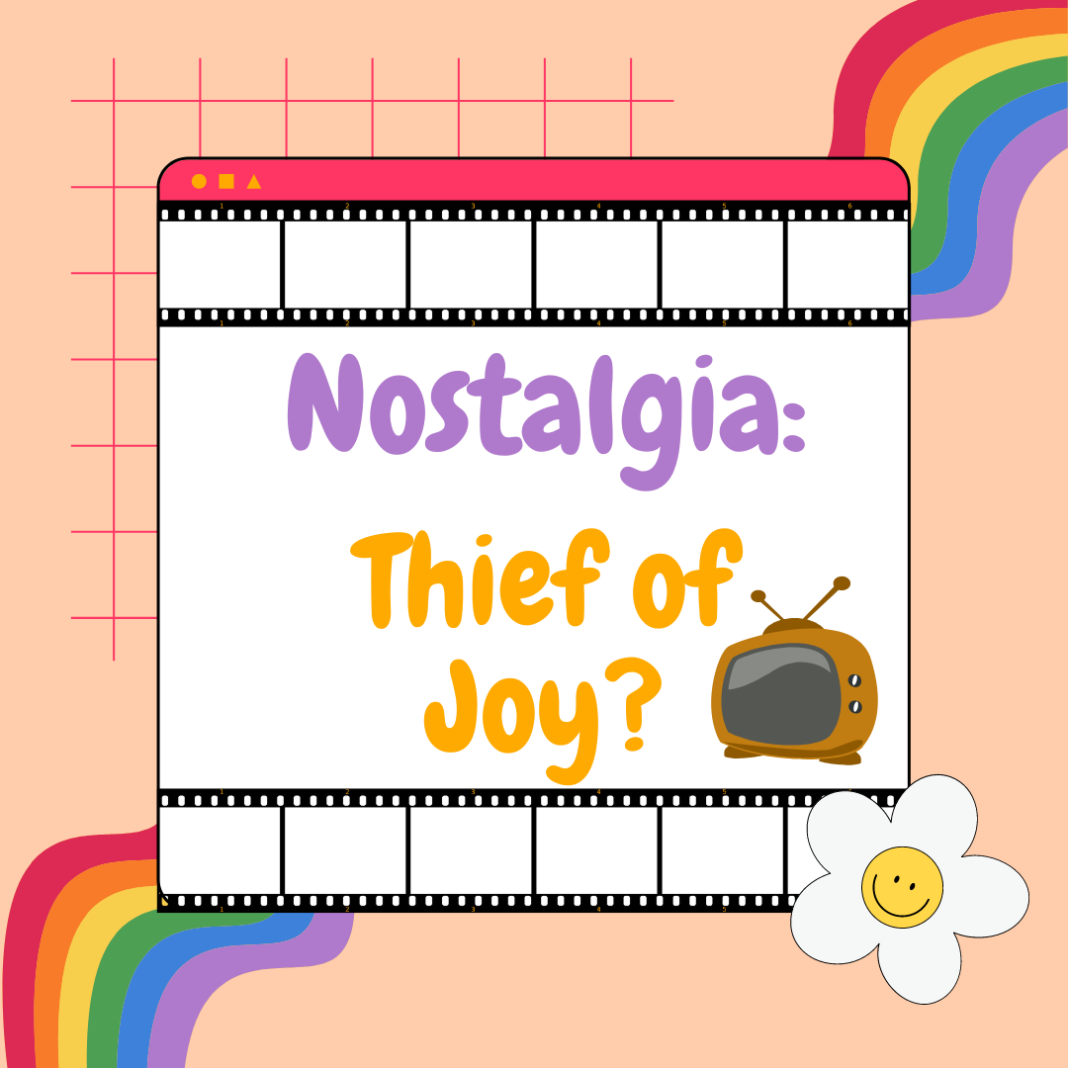The Proud Family and The Fresh Prince of Bel-Air are television shows that have shaped many childhoods, especially for millennials and Generation Z. Both of these shows have gone through a reboot this year. Familiar characters and themes make for a successful reboot. Bel-Air takes this a step further with its serious plotlines catered towards a more mature audience. Bel-Air is on track to becoming a successful reboot for the people who grew up watching it and first-time viewers alike. The show has already secured a second season on Peacock. Even with a new animation style and a more progressive storyline, The Proud Family: Louder and Prouder has garnered support on Disney Plus. With the majority of the original voice actors returning for this cartoon, nostalgia is unavoidable. Reboots of cult classics such as these can be hit or miss. Occasionally, reboots showcase lazy writing, or they are indicative of the cast and crew taking the easy way out.
Like any form of media, a reboot requires a substantial budget, consistent writing, and ingenuity. Writers, producers, and cast members that work on reboots are held to a higher standard than the cast and crew of an original television show or movie. They must present their audience with nuance while maintaining the same nostalgia that their audience remembers. The apprehension towards an abundance of reboots is valid. People with an “If it ain’t broke don’t fix it” mentality are against reboots. If this is the case, who is the audience for these shows? Is it the kids who grew up watching the original versions of these shows? Or, are reboots for future generations to get a glimpse of what we grew up with? This argument plagues the entertainment industry.
Every successful television or movie requires the proper audience. Nostalgia plays a huge role in who is watching these reboots. When I think of nostalgia, I associate it with positive events from my childhood. Watching cartoons such as The Proud Family is included in that. Nevertheless, nostalgia can also have a negative denotation. According to neurosciencenews.com, “People were likely to feel nostalgic when things were going wrong in the present.” We view these shows that we grew up watching as a safe space, however tuning in to your favorite childhood show can also bring up negative memories. That is why nostalgia is dangerous. When we rewatch these shows we know what is going to happen and we understand the characters. When writers and producers reboot these shows, there is always the risk of tarnishing the original vision of the show. We associate that with taking away our nostalgia.
By giving these reboots a chance, we can build new memories. We will always have nostalgia, so holding on to the things in our life that give us nostalgia is not always a good thing. Finding the happy medium between nostalgia and nuance as seen in The Proud Family: Louder and Prouder and Bel-Air will ensure the success of these reboots and those that follow.
